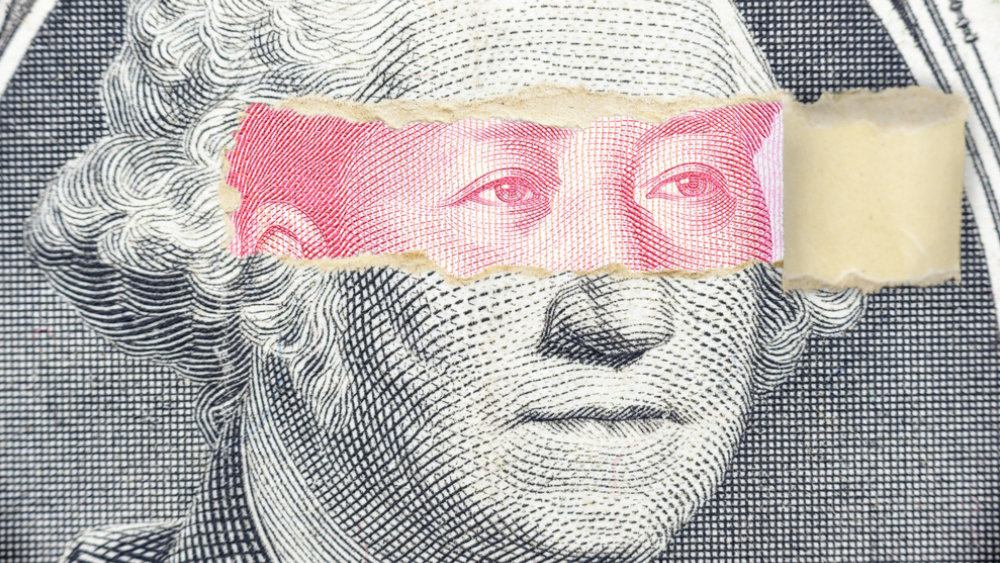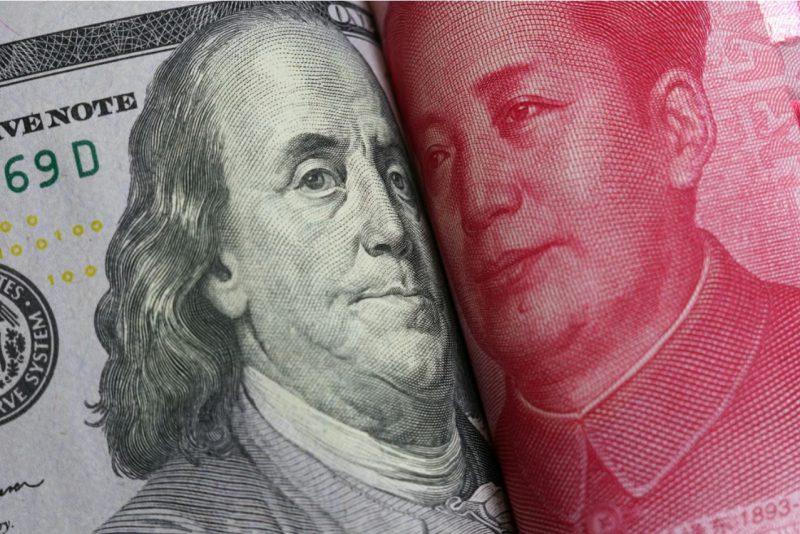Brazil’s President Luiz Lula da Silva said on Wednesday that BRICS is discussing setting up a new currency for global trade. The settlement currency will be used for cross-border transactions among member nations and will do away with the U.S. dollar. “We have agreed that our finance ministers will discuss this issue over the coming year to see if we can agree on the creation of an accounting currency for exports by the next meeting,” he said to Reuters.
Also Read: After BRICS, G20 Summit in the Spotlight
Therefore, BRICS might have a new settlement currency before 2025 and end dependency on the U.S. dollar. The Central Banks of member nations are discussing ideas for the new currency formation. In this article, we will highlight what are the challenges that BRICS will face while setting up a new currency.
What Are the Challenges To Set up a New BRICS Currency?


The BRICS alliance will encounter multiple challenges while setting up a new currency for trade settlements. The main challenge is how to survive the fluctuating foreign exchange markets and remain stable despite volatility. After ending reliance on the U.S. dollar, the currency will have to find new ways to back its value. It could be backed with gold or other existing local currencies in the markets.
Also Read: Second BRICS Expansion Soon: South African PM Makes Huge Announcement
Below are the six challenges that BRICS will face during the creation of the new settlement currency. They also need to build unions and create a framework to gain the trust of other countries on the international stage.
- Banking Union
- Fiscal Union
- Macroeconomic Convergence
- Exchange Rate Volatility
- Institutional Framework
- International Market Trust
Also Read: BRICS: Total GDP of All 11 Member Countries
South Africa’s Central Bank Governor Lesetja Kganyago highlighted a few points that the BRICS currency will face during formation. “You’ll have to get a banking union, you’ll have to get a fiscal union, you’ve got to get macroeconomic convergence,” Kganyago said.
“Importantly, you need a disciplining mechanism for the countries that fall out of line with it Plus they will need a common central bank,” he said.





